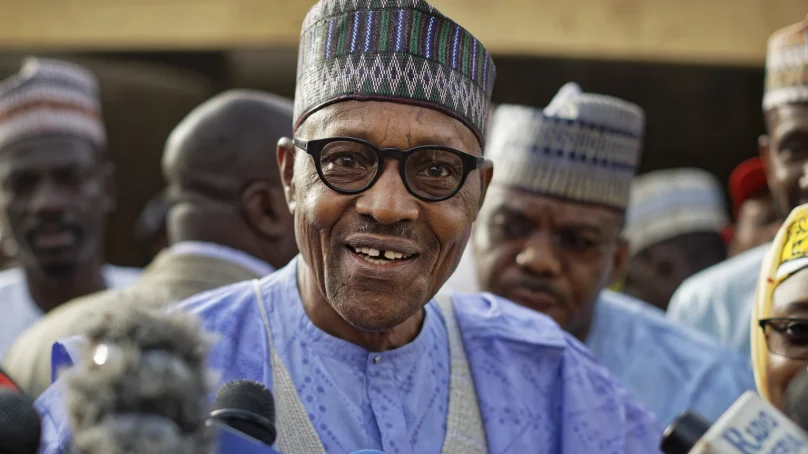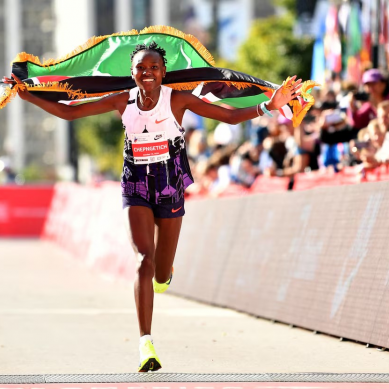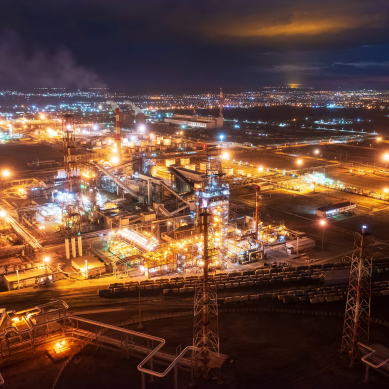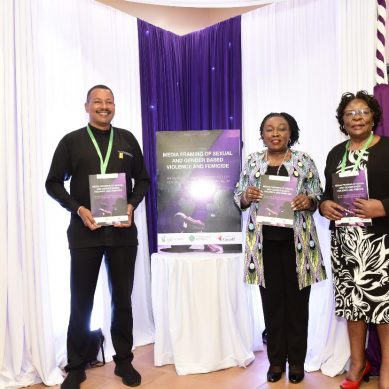
Nigeria’s former President Muhammadu Buhari, who ruled Africa’s most populous nation twice as a military dictator and a democratic president, died on Sunday aged 82 and is being remembered as a divisive figure who oversaw one of the country’s most troubled periods.
Buhari died Sunday in London, where he had been receiving medical treatment.
He first took power in Africa’s most populous nation in 1983, after a military coup, running an authoritarian regime until fellow soldiers ousted him less than 20 months later.
When he was elected in 2015 on his fourth attempt, he became the first opposition candidate to win a presidential election there. Buhari rode into power in that election on a wave of goodwill after promising to rid Nigeria of chronic corruption and a deadly security crisis. He led until 2023, during a period marked by Boko Haram’s extremist violence in the northeast and a plunging economy.
He first took power in Africa’s most populous nation in 1983, after a military coup, running an authoritarian regime until fellow soldiers ousted him less than 20 months later. When he was elected in 2015 on his fourth attempt, he became the first opposition candidate to win a presidential election there.
Buhari rode into power in that election on a wave of goodwill after promising to rid Nigeria of chronic corruption and a deadly security crisis. He led until 2023, during a period marked by Boko Haram’s extremist violence in the northeast and a plunging economy.
“He inherited unprecedented goodwill and squandered it,” Olive Chiemerie, a Lagos-based writer, said. “His legacy is one of missed opportunities, deepening inequality and a country left to pick up the pieces.”
Here are some highlights of Buhari’s presidency:
In October 2020, thousands of youths took to the streets to protest against the Special Anti-Robbery Squad or SARS, a police unit accused by rights groups and others of extrajudicial killings, torture and extortion.
Buhari initially responded by disbanding the unit. As the protests grew stronger with broader demands for better governance, however, his government deployed security forces to resist the demonstrations.
On October 20, soldiers opened fire at peaceful protesters in the economic hub of Lagos, killing at least 12 people, according to rights groups. Buhari didn’t acknowledge the shootings in a nationwide address that called protesters “rioters” and warned them against “undermining national security.”
Months after the protests, many Nigerians took their anger online, mostly on Twitter, to rail against institutional corruption, economic woes and escalating insecurity. The matter spiked after Twitter removed a tweet from Buhari’s account about a secessionist movement, calling it abusive. The Nigerian government responded by suspending access to the platform for seven months.
That further heightened concerns over human rights. As a military dictator in Nigeria in the 1980s, Buhari had brooked little criticism. As president, he detained political opponents and several journalists. Nigerian police operatives once stormed a courtroom to re-arrest activist Omoyele Sowore, drawing outrage from the judge and many Nigerians.
Buhari pursued economic policies that Nigerians said imposed huge strains on the economy, forcing it to dip into recession in 2016 and 2020. In 2019, he closed the border to all goods with the goal of spurring local production, especially of agricultural products, which sparked surging inflation.
In the face of a dollar shortage as a result of a slump in oil production and falling oil prices globally, his government pegged the local currency to the dollar at an artificial rate, worsening the naira’s value.
“Buhari left a legacy of debt that continues to sabotage the economic efforts of his successors,” said Akeem Alao, a teacher in Lagos.
Buhari’s administration failed to rid Nigeria of its security woes – a key election promise and an ambitious one in a country long threatened by Boko Haram extremists and a breakaway faction. The years of violence have killed at least 35,000 people and displaced more than two million.
While Buhari was president, the extremists expanded beyond the northeast and partnered with other armed groups in the north to carry out attacks, including on a passenger train near the capital, Abuja, and a jailbreak there.
Buhari’s government often declared that Boko Haram had been “technically defeated,” to the scorn of critics.
Current President Bola Tinubu in a statement described Buhari as “a patriot, a soldier, a statesman … to the very core.” Tinubu dispatched the vice president to bring Buhari’s body home from London.
Others across Nigeria remembered Buhari as a president who left the country of more than 200 million people — divided between a largely Muslim north and Christian south — more at odds than before.
For many, Buhari will be linked with memories of the 2020 youth protests against a police unit accused by rights groups and others of extrajudicial killings, torture and extortion — and the deadly shootings of demonstrators by soldiers.
“The uneven response to Buhari’s death, with muted disillusionment in some quarters and sadness in others, is a reflection of how difficult it is to unite a country and his inability to do so after decades in the public eye,” said Afolabi Adekaiyaoja, an Abuja-based political scientist.
Coming from Nigeria’s north, the lanky, austere Buhari had vowed to end extremist killings and clean up rampant corruption in one of Africa’s largest economies and oil producers.
By the end of his eight-year tenure, however, goodwill toward him had faded into discontent. Insecurity had only grown, and corruption was more widespread.
Nigeria also fell into a recession amid slumping global oil prices and attacks by militants in the sprawling oil-rich Niger Delta region. The currency faltered as Buhari pursued unorthodox monetary policies to defend its fixed price to the dollar, and a massive foreign currency shortage worsened. Inflation was in the double digits.
Civil society accused him of authoritarian tendencies after protesters were killed during a protest against police brutality and over his decision to restrict access to social media, as young people vented their frustrations against economic and security problems.
- An AP report







